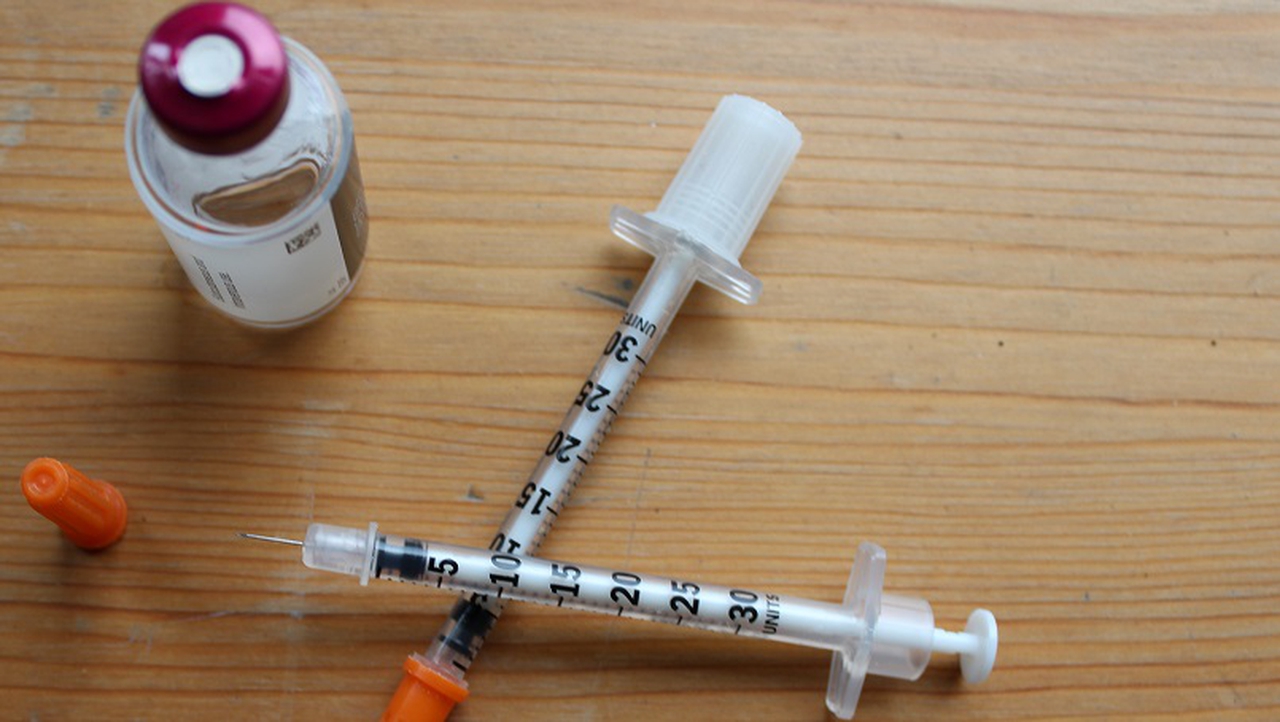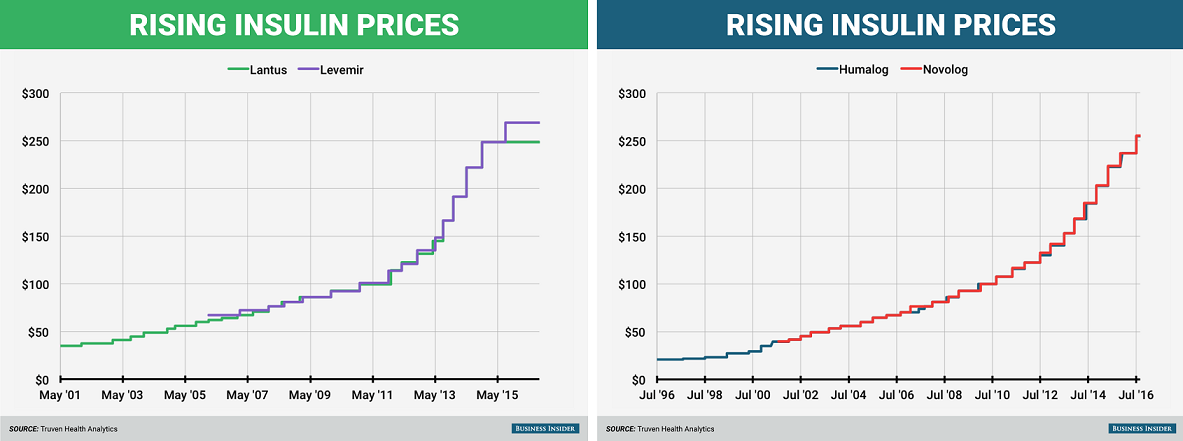
It’s no exaggeration to say that diabetes is an epidemic in the United States. Cases have risen over the years to the point that now, according to the Centers for Disease Control (CDC), 34.2 million Americans are living with diabetes, while 88 million more have prediabetes — when your blood glucose is elevated, but not enough to technically be considered diabetes.
As the premier care provider in and around Panama City, Nation’s Best Family Health Care, and their caring providers and team are ready to help you take steps to avoid type 2 diabetes, as well as provide continuing care if you’re living with diabetes. Our range of services is diverse, and every member of the Nation’s Best Family Health Care team is dedicated to providing you with the best care.
What’s the role of insulin?
To understand how insulin impacts your health, we need to first learn what it is. Insulin is a hormone that’s produced by your pancreas, and its purpose is to aid in metabolizing what you eat and drink so that your body can use the nutrients you ingest for energy.
Without insulin, your body couldn’t utilize protein, carbohydrates, and fat as necessary, or store them for future use, primarily in the form of fat.
In short, insulin — and having proper levels of it in your body — is truly vital. Without adequate insulin, your organs can’t do the work they need to do to keep your systems functioning.
What’s the role of insulin?
To understand how insulin impacts your health, we need to first learn what it is. Insulin is a hormone that’s produced by your pancreas, and its purpose is to aid in metabolizing what you eat and drink so that your body can use the nutrients you ingest for energy.
Without insulin, your body couldn’t utilize protein, carbohydrates, and fat as necessary, or store them for future use, primarily in the form of fat.
In short, insulin — and having proper levels of it in your body — is truly vital. Without adequate insulin, your organs can’t do the work they need to do to keep your systems functioning.
When insulin production goes awry
Insulin, along with another hormone — glucagon — balance your blood glucose levels (the amount of sugar in your body). The food you eat is the source of glucose, which is your body’s fuel. Insulin and glucagon partner to ensure that your blood sugar levels are properly regulated.
When you digest your food, carbohydrates convert to glucose. The glucose is directed into your bloodstream, which causes your blood glucose levels to rise. This is what sends the message to your pancreas to produce insulin, which instructs your cells to absorb the glucose traveling through your bloodstream.
Certain cells use glucose as energy, while others, like those within your muscles and liver, put away surplus glucose after it becomes glycogen, a substance that serves as your body’s fuel in between meals.
Yet another player, glucagon, offsets the effects of insulin. Between four and six hours after a meal, your blood glucose levels go down, and this signals to your pancreas to manufacture glucagon.
The hormone glucagon instructs your liver and muscle cells to convert the glycogen your body has stored back into glucose. The cells send the glucose into your bloodstream, furnishing your other cells with energy.
This exquisitely balanced dynamic between insulin and glucagon is never-ending, ensuring that your blood sugar never gets dangerously low and that you have the energy you need to live.
The cells in people who have type 2 diabetes don’t react correctly when their bodies produce insulin, resulting in higher blood sugar levels. A worrying outcome is that as time goes on, your body makes less insulin, and your blood sugar levels elevate even more.
Can I prevent diabetes?
With your doctor’s help, you can take steps to lower your risk of diabetes and stop prediabetes in its tracks. It’s important to do everything in your power to avoid diabetes because the condition is associated with other serious health problems, including high cholesterol, high blood pressure, nerve damage, vision problems, and stroke.
Another less talked about malady, insulin resistance is another condition we treat. It’s a result of your pancreas needing to work more intensely than normal to balance your blood sugar, and a primary indicator of the problem is weight gain. Fortunately, we’re able to discover whether you have insulin resistance prior to your blood sugar moving into the realm of diabetes.
The provider team at Nation’s Best Family Health Care wants nothing more than to help you on your journey to health. To prevent diabetes, they may recommend that you shed pounds through our customized medically supervised weight loss program, as well as adopt other lifestyle changes, including upping your daily exercise, quitting smoking, and taking medication.
If you’re already living with diabetes, we help you manage it by educating you about scrupulously monitoring your blood sugar, checking your feet daily for any small cuts, and again, eating a nutritious diet and staying physically active.
We also know that having diabetes can cause some anxiety and depression — it’s a lot to manage! We can help there too since we have a compassionate mental health counselor on staff.
Don’t hesitate to schedule an appointment with us by calling our West 23rd Street or West 19th Street office or reaching out to us through our website. We can help you if you’re concerned about diabetes.
… Read the rest:max_bytes(150000):strip_icc():format(webp)/GettyImages-187138962-56c7bd5d5f9b5879cc425bdc.jpg)









/GettyImages-466340980-1--56b09c1c3df78cf772d000ac.jpg)



